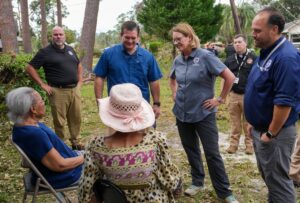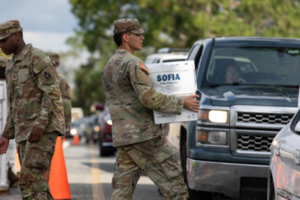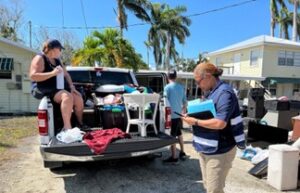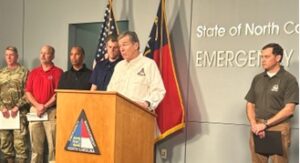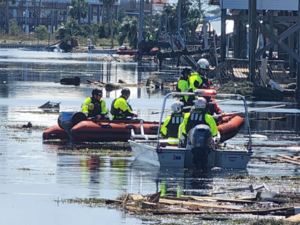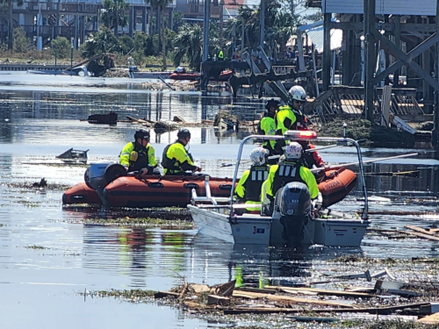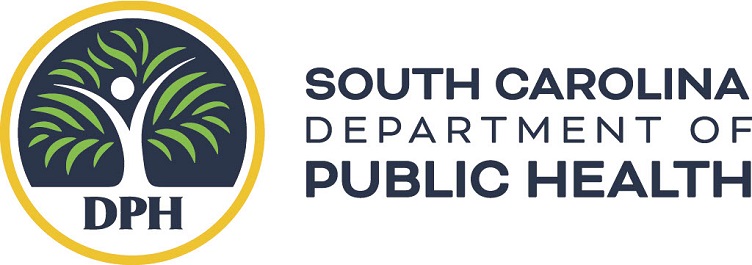WASHINGTON — As FEMA Administrator Deanne Criswell continues to meet with state and local emergency managers in areas impacted by Hurricane Helene, Sunday, Sept. 29,, she was in several areas of Georgia assessing damage, talking with survivors and meeting with emergency workers. She will be traveling to North Carolina on Monday, Sept. 30.
In five states – Florida, Georgia, North Carolina, South Carolina and Tennessee – federal agencies, private sector, nonprofit and faith-based organizations are responding to large disasters. Each of these states are at different stages of their response and recovery efforts. However, all states are addressing the impacts including impassable roads, communications and water systems disruptions and power outages.
President Biden approved major disaster declarations for the states of Florida and North Carolina, allowing survivors to immediately access funds and resources to jumpstart their recovery. People in 17 counties in Florida and 25 counties in North Carolina, including the Eastern Band of Cherokee Indians, can now apply for assistance with FEMA. People can apply in three ways: online by visiting disasterassistance.gov, calling 1-800-621-3362 or on the FEMA App.
FEMA assistance in Florida and North Carolina may include upfront funds to help with essential items like food, water, baby formula and other emergency supplies. Funds may also be available to repair storm-related damage to homes and personal property, as well as assistance to find a temporary place to stay.
Emergency declarations are still in effect for Alabama, Georgia, South Carolina, Tennessee and Virginia. Under an emergency declaration, FEMA can provide support for urgent disaster response activities.
The U.S. Army Corps of Engineers is assessing the impact of the water systems and what is needed to bring these online in several areas across the southeast. Several counties in all states have issued boil water notices. Also, several federal agencies are moving in portable equipment to help reestablish communications in some of the hardest hit areas.
As water rescues continue in northwest North Carolina for more than a dozen search and rescue teams, Florida is distributing state supplies of food and water at dozens of points of distribution. In addition, as state supplies are being distributed, FEMA and other federal agencies have moved more commodities into the region to help supplement these efforts, if needed.
These snapshots highlight some of the various response and recovery efforts underway.
